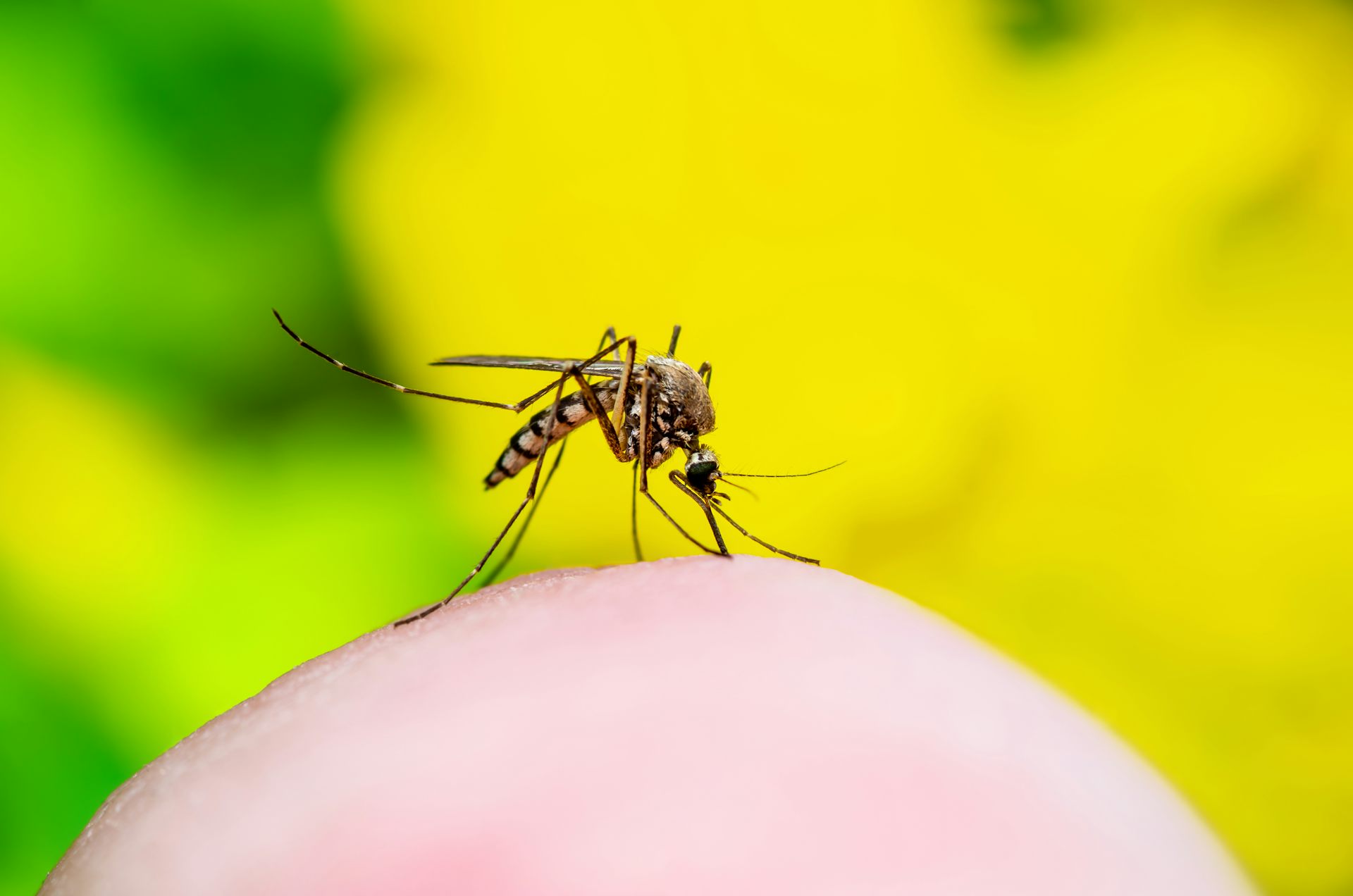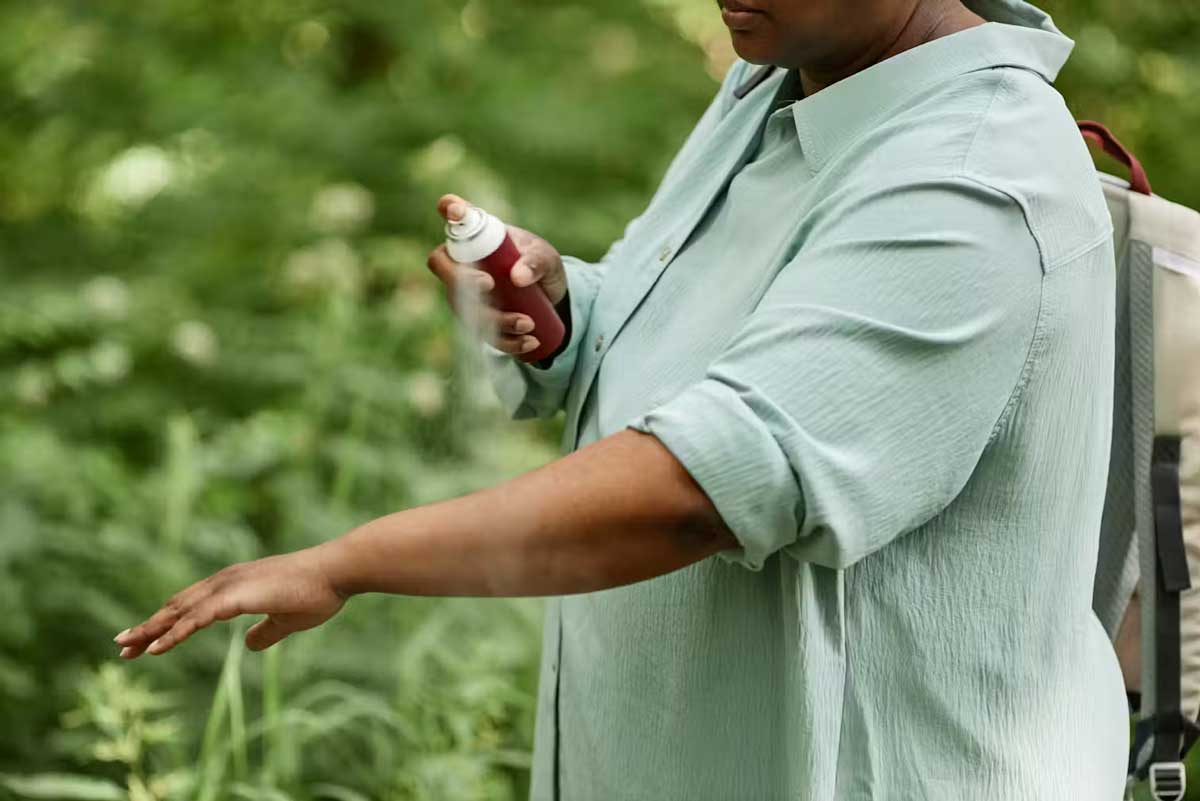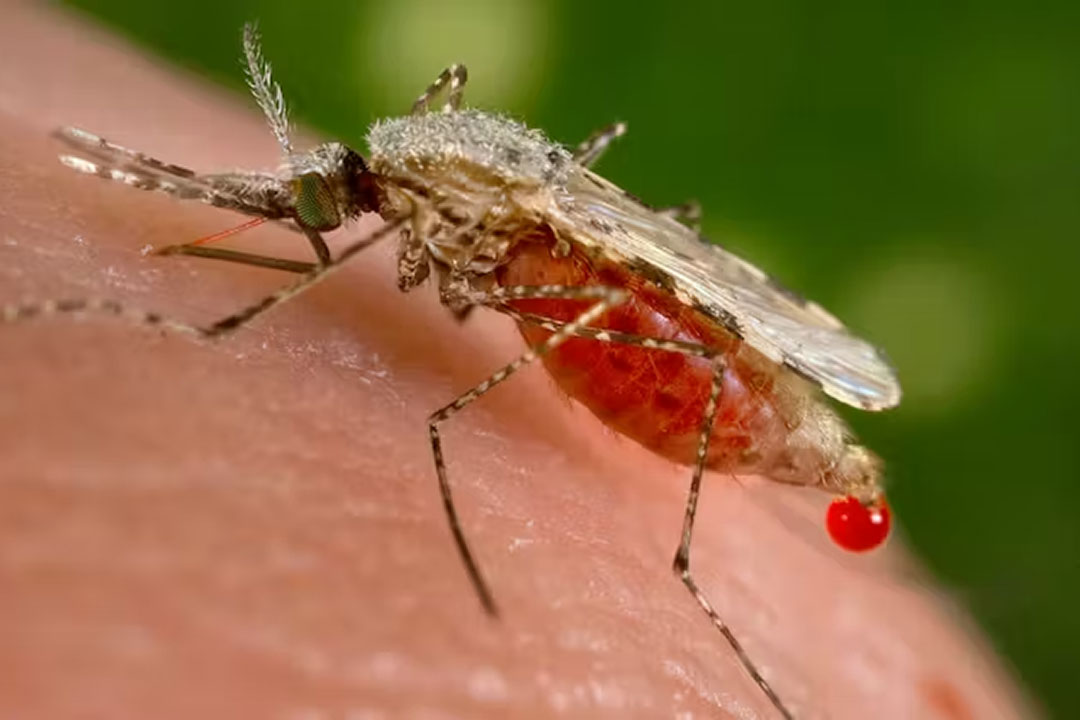But the best way to reduce risk is by controlling mosquito populations. The most effective and sustainable measures for doing this are those which reduce breeding sites close to home – such as covering water containers and removing objects where water can collect, such as old tyres.
Evidence for the effectiveness of other measures at preventing Chikungunya, such as chemical or biological treatments, is not strong.
Have you read?
Safe travels
Over the past couple of years, there have been increasing reports of Chikungunya infections in Africa, South America, South East Asia and China. So it’s not surprising that Chikungunya virus infections have been increasing in England in returning travellers who had visited these regions.
What is particularly worrying is that we’re now seeing outbreaks of locally-transmitted Chikungunya infections in several parts of France and Italy. Although such outbreaks are not new – in fact, we’ve seen outbreaks in Europe in six out of the past 20 years – what is new is the number of localised outbreaks we’re seeing. This year, 27 clusters of localised transmissions have been recorded mainly in the south of France and northern Italy. Infection rates are still increasing.
France is clearly at risk for imported Chikungunya as Reunion Island in the Indian Ocean, one of its overseas territories, has been experiencing a particularly severe outbreak with 47,500 cases and 12 deaths between August 2024 and May this year. Reunion is a popular tourist destination particularly for French tourists. It is likely that many of the clusters we are seeing in France would be traced back to a returning traveller.
This summer’s heatwaves have been particularly severe and prolonged and this could be further increasing the risk of local transmission in Europe after an infection has been brought back. Work on dengue fever, a similar mosquito-borne infection, shows that for localised transmission to occur, you generally need daily temperatures of around 30°C to 35°C for several weeks.
The most likely explanation for the increase in Chikungunya in UK residents is the general global increase with travellers picking it up abroad. And if the outbreaks in France and Italy continue to spread, this could mean an even greater number of UK travellers might pick up Chikungunya virus.
It’s unlikely the UK will see localised transmission – though not impossible. We would need the very hot weather to continue for longer than we are seeing in the UK.
The best advice to remain safe from Chikungunya, and the similar but more lethal dengue fever, is to avoid mosquito bites. This is especially important for people over 60 or those who have existing medical problems.
If you’re planning on travelling to a region where there is an active Chikungunya outbreak, it’s advised you speak to your doctor about getting vaccinated. Where Chikungunya virus is present, use insecticides on exposed skin and wear loose fitting clothes that cover arms and legs.











